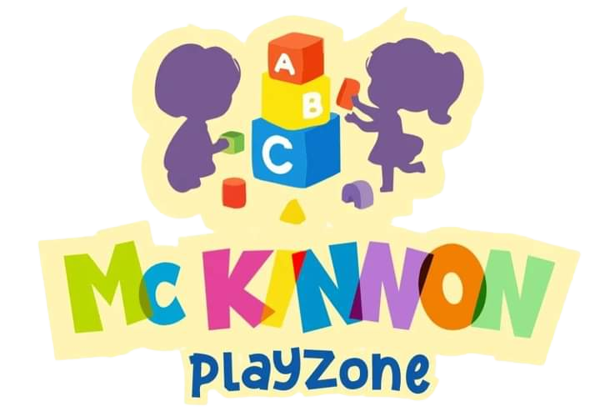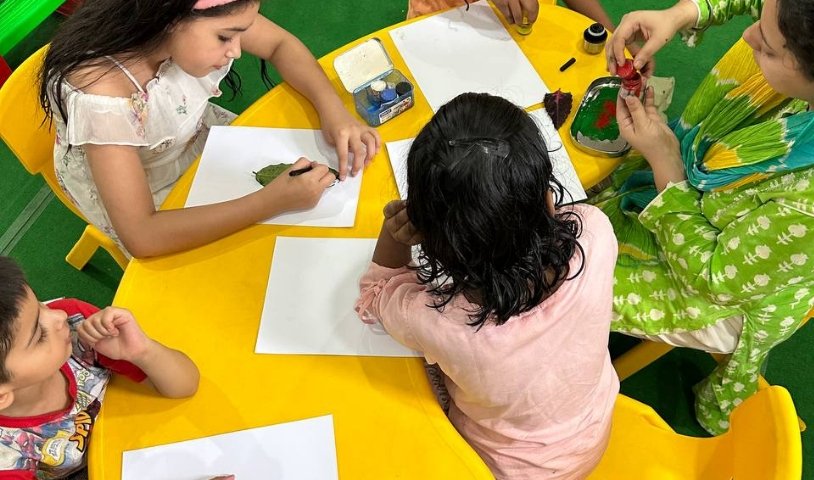Learning is an essential part of a child’s growth and development. As parents, it is our responsibility to ensure that our children receive the best education possible. With the right guidance and resources, we can make our children’s learning experience more engaging and enjoyable. From creating an enriched learning environment to exploring creative activities, there are many ways to make our children’s learning more enjoyable and effective. Let’s take a step forward in helping our children reach their full potential!
- Create a Positive Learning Environment: Designate a quiet and comfortable space for studying and learning. Minimize distractions and make it an inviting space where they feel motivated to learn.
- Establish a Consistent Routine: Set a daily schedule that includes study time, breaks, and other activities. Consistency helps children develop good study habits and makes learning a natural part of their routine.
- Encourage Curiosity and Questioning: Foster a sense of curiosity in your children. Encourage them to ask questions and explore topics beyond their regular school curriculum.
- Provide Access to Learning Resources: Ensure they have access to age-appropriate books, educational apps, online resources, and educational games that can supplement their learning.
- Be a Role Model: Show enthusiasm for learning and be engaged in your own educational pursuits. Children often emulate the behavior of their parents and caregivers.
- Tailor Learning to Their Interests: Find ways to incorporate their interests into the learning process. When subjects are relevant and interesting to them, they are more likely to be engaged and retain information.
- Use Different Learning Styles: Every child learns differently. Some are visual learners, while others learn better through listening or hands-on activities. Observe how your child learns best and adapt your approach accordingly.
- Encourage Critical Thinking: Encourage your children to think critically and problem-solve. Ask open-ended questions that promote deeper thinking and analysis.
- Provide Constructive Feedback: Offer constructive feedback that focuses on effort and improvement rather than just results. Positive reinforcement can motivate children to continue learning.
- Engage in Learning Activities Together: Participate in educational activities as a family, such as visiting museums, attending workshops, or doing science experiments at home. This fosters a love for learning and strengthens family bonds.
- Limit Screen Time: While technology can be valuable, excessive screen time can be detrimental to learning. Set limits on recreational screen time to ensure it doesn’t interfere with study and other activities.
- Support Social Interaction: Learning is not just about academics; social skills are equally important. Encourage social interactions with peers, which can aid in their emotional development and communication skills.
- Emphasize Effort and Persistence: Teach your children that learning is a journey, and mistakes are a natural part of the process. Emphasize the importance of effort and perseverance to overcome challenges.
- Celebrate Achievements: Acknowledge and celebrate their learning milestones and achievements, no matter how small. Positive reinforcement boosts confidence and motivation.
- Communicate with Teachers: Stay in touch with your child’s teachers to understand their progress and any areas that may need extra attention. Working as a team can provide better support for your child’s learning






Comments are closed